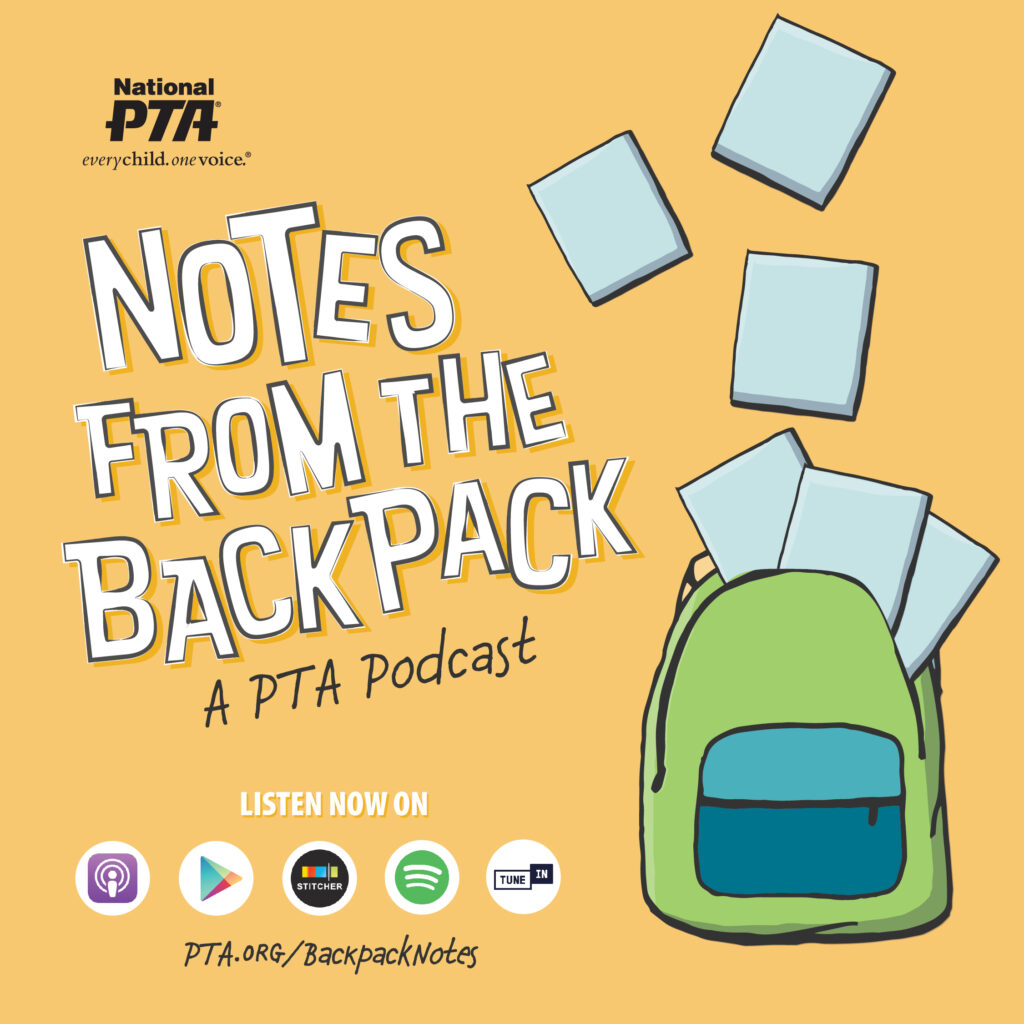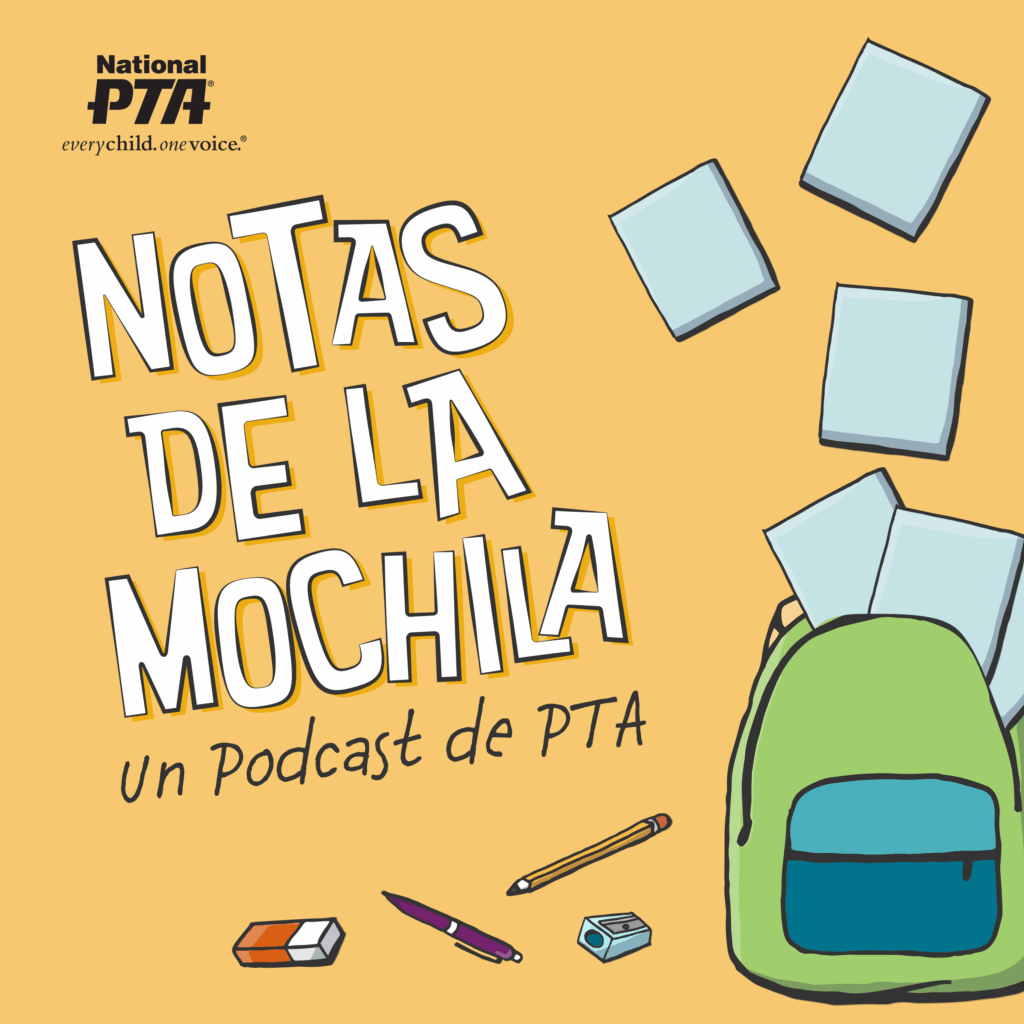How often do you have conversations with your children about math? If you’re like many parents, the subject probably comes up less frequently, and without the kind of depth, that your conversations have around literature, history and science. But math discussions can be rich and interesting and can go a long way toward helping your children become more adept math students.
Out with the Old, In with the New
Too often, we take the view that learning mathematics is simply about practicing procedures and memorizing facts. But that’s an outdated way of thinking. Just spend time in a math classroom (or on a math Zoom session if your children are working remotely), and you’ll see kids and teachers engaged in lively conversations. And, like most life experiences, children learn math best by doing tasks, reflecting on those tasks, and refining processes involved as they repeat them.
It’s also widely understood today that students need to know why procedures work and have a solid understanding of numbers—the relationships among 1, 10 and 100, for example. A vital way for students to deepen their understanding about math concepts is through rich discussions, and those can take place at home within families, as well as in school communities.
For example, during homework time, encourage your child to explain the reasoning and share the strategy for solving a problem, and connect new learning to past experiences. Listen carefully and try to assess if your children are answering your questions with confidence, in a way that indicates they understand the mathematical ideas and terms you’re discussing.
How to Start the Conversation
Here are just a few examples of questions you could ask your kids to spark great conversations about math.
Ask: What to expect/encourage in the answer: How did you begin to work on this problem? What’s the first thing you did? Reading the problem, drawing a picture to show what it says, labeling the picture, and thinking about what it is asking us to find could all be good starting points. How is this problem like the one we did yesterday? How is it different? Listen for specific ways that the mathematics in the problems relate or differ and your child’s use of precise math language. What do you know about this problem? What can you predict about the answer? You should expect accurate descriptions of what the numbers in the problem mean and a solid estimate of the outcome of the number they expect to be the answer. (e.g., the answer will be more or less than the number you started with, less than or greater than one, an even number, etc.) Can you explain to me how you solved the problem? Thoughts should reveal deep understanding of how and why your child solved the way that they did, using precise mathematical terms such as units, area, number bond, sum, product, factor and decompose. Tell me more about how you drew the diagram to make sense of the word problem. How did you know how to label it? Comprehension of a word problem one bit of information at a time and building the model to represent the mathematics is helpful as children make sense of it. Children might point out the relationships between the problem and their model. We also want them to describe why they labeled the model as they did, based on the information in the problem. What does your number sentence/equation have to do with the word problem? You want to hear an explanation that matches the action of the word problem and shows an accurate solution. If there is no equation, you might ask them to write one. How might you prove that your answer is correct? Encourage your child to give an alternate solution path or strategy proving that their answer is correct. Their thoughts should indicate deep knowledge of place value and part/whole relationships.
Why Try It?
As parents, we want our children to develop the tools to be strong problem solvers. Talking about math at home will help. Give it a try. Who knows? You might just find fractions, ratios, and curved lines bring a new and enjoyable dimension to your dinnertime conversations and spark new confidence in the young people in your home.
Tricia Miller has worked as an elementary math teacher, instructional coach and district math supervisor. She is an active member and past president of the Louisiana affiliate of the National Council of Teachers of Mathematics. Tricia is currently a Eureka Math PD Specialist and Implementation Leader for the south-central region of the United States. She has two children and two grandchildren.
Nell McAnelly is the co-director emeritus of the Cain Center for STEM Literacy at LSU. She is on the board of Great Minds, which provides curricula to schools. Great Minds is the developer of Wit & Wisdom, Eureka Math, and PhD Science. She has two children and six grandchildren.


















